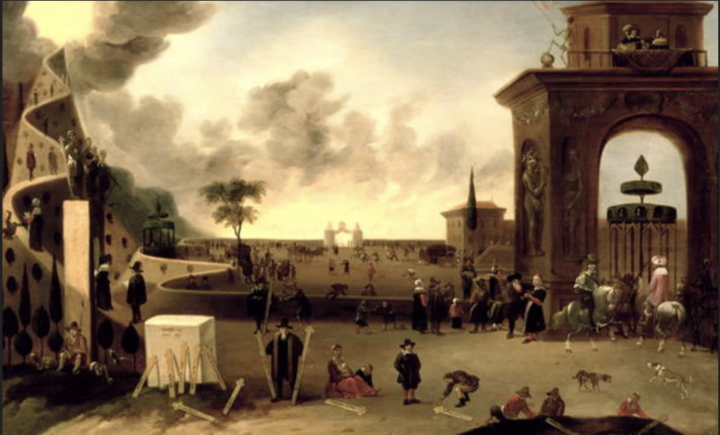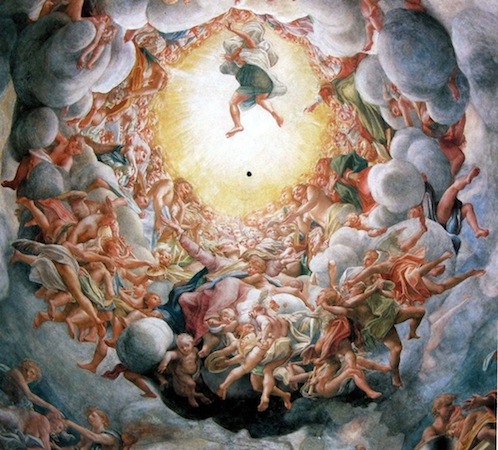Photo by Sarah Durner on Unsplash
You make an end of them in their sleep;
the next morning they are like the changing grass,
Which at dawn springs up anew,
but by evening wilts and fades.
(Psalm 90:5–6)
Fr. Smith’s Commentary on the Second Reading
Twenty-Third Sunday in Ordinary Time
Philemon 9–10, 12–17
September 4, 2022
The letter to Philemon is the Pauline work most people find dissatisfying and would like to change. But we do so at our peril.
Philemon is a slaveholder and both he and his slave Onesimus were converted by St. Paul. Paul is now in prison and Onesimus was so moved by Paul’s plight that he ran away from Philemon to assist him. This put Paul in a difficult position. He is harboring an escaped slave. He also does not want “law-abiding” Romans to think Christianity is a lawless religion. He therefore sends Onesimus back to Philemon.
We would like Paul to denounce slavery and call for its elimination. Slavery, however, was such a part of his society and he might not have been able to conceive of a world without it. Also, he has already said that “There is neither Jew nor Gentile, neither slave nor free, nor is there male and female, for you are all one in Christ Jesus.” (Gal 3:28) These are very provocative indeed dangerous words and would have made him and indeed all Christians suspect during a slave rebellion. He could not count on Romans understanding his intention.
Continue reading “23rd Sunday in Ordinary Time – Seeing and Loving Each Other”




